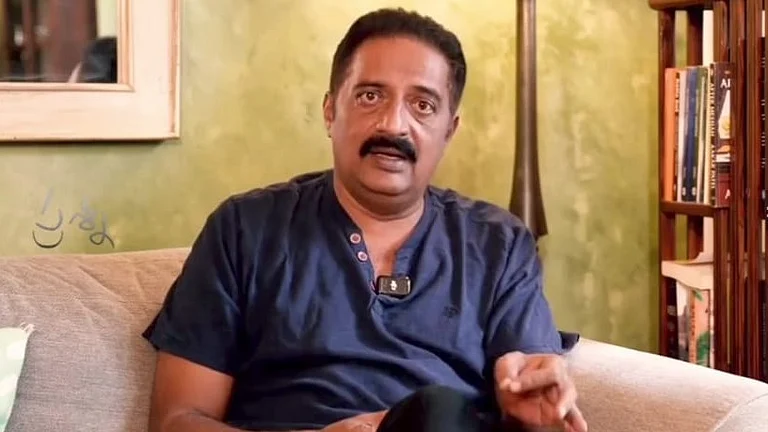But that is not the only reason why this book is a thoroughly readable portrait of Calcutta's poor, a solemn, dispassionate narrative that charts with remarkable lucidity the history of the city as the writer tries to understand why the metropolis is often cited as the worst example of human degradation. As Thomas, at present a research scholar at the Center for South Asian Studies, University of California, Berkeley, provides an anthropological insight into the daily struggle of a huge mass of people surviving on the edge of life against heavy odds in an insensitive, even hostile, urban environment, he dwells upon the impact that the city's haphazard growth, the caste system, slum politics and a host of unbridgeable divides—economic, communal, linguistic—have had on the masses and on the way they get about their benighted lives.
The strength of Thomas's portrait of "a city above pretense"—a city that has never ever attempted to conceal its pockmarks or throw a veil around its glaring anomalies—lies in the manner in which he consciously refrains from treating the urban poor as an undifferentiated mass, a convenient abstraction or, worst of all, a mere string of statistics. He turns them into a real, tangible community that lives and breathes like all the other groups that constitute the city.
The slums, the garbage heaps, the congestion, the pavement dwellers, the squatters, the ragpickers, the scavengers, the hopelessly marginalised—Thomas misses no detail. Based on the findings of other scholars and researchers—his text is liberally peppered with excerpts from earlier studies—as well as his own discoveries during his peregrinations in the city's slums, Thomas's book identifies the internal forces that could represent the only real hope that the Calcutta's poverty-stricken have of alleviating their lot. As long as poverty alleviation programmes remain a strictly legislative, administrative or NGO concern, there can be no effective way out. Such solutions can only be temporary. What needs to be tapped, says Thomas, is "a nobility of character, a vitality of ethnic and cultural ties and an energy that bring out inventiveness and ingenuity in the lives of the poor".
The problem, he concludes, is now beyond the scope of standard interventions—improvement of housing, creation of employment, initiatives by social service organisations—because the inherent nature of impoverishment tends to militate against external impositions. Hence it is the residents of Calcutta's slums, pavements and squatters' colonies themselves who hold the key to the future. Thomas's inference, of course, has universal relevance: not to Calcutta alone, it could apply to all large cities in India, and wherever urban poverty is an inescapable reality of existence.


























